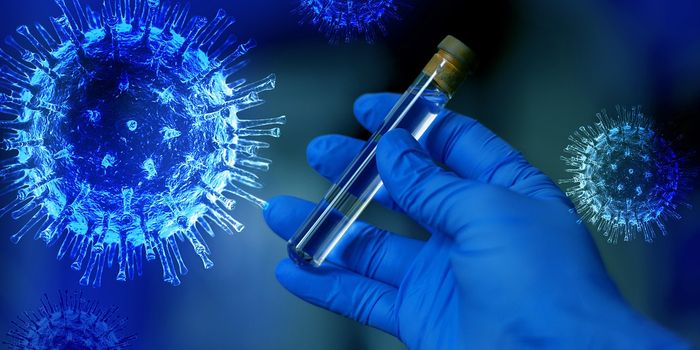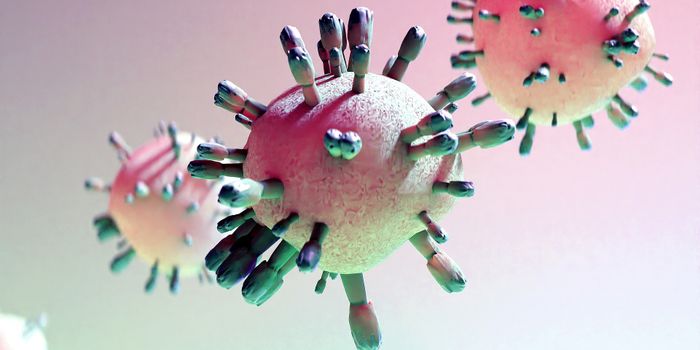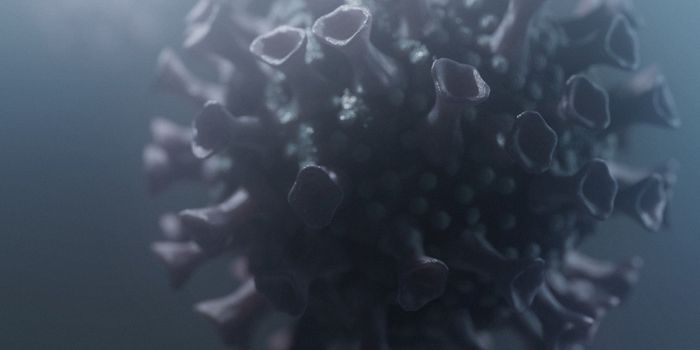New Small Molecule May Improve Immunotherapy for a Variety of Cancers
Scientists have been trying to stimulate the immune system to fight cancer for decades, and recent years have brought many immunotherapies to the clinic. Researchers have now developed a low-cost, small molecule that could be used to make many types of immunotherapy more effective. The findings have been reported in the Journal for ImmunoTherapy of Cancer.
Study co-leader Professor Ronit Sachi-Fainaro of Tel Aviv University explained that in 2018, James Allison and Tasuku Honjo were awarded the Nobel Prize in Medicine for their work on immunotherapy. Honjo had used a variety of mouse models to investigate the function of a protein called PD-1, which is expressed on immune cells called T cells. When PD-1 binds to a protein expressed by cancer cells called PD-L1, T cell actvity is halted. Thus, cancer cells can stop T cells from attacking them. Hong created antibodies that can disrupt PD-1 or PD-L1, so T cells would not be prevented from fighting cancer.
There are antibodies that target PD-1 and PD-L1 that have already been approved for use in cancer treatment. They offer an attractive alternative to chemotherapy, which can be harsh on the patient and may come with many side effects. However, antibodies are typically very expensive to generate, so not all patients can access them. They also don't work for every type of cancer. When solid tumors are larger, the antibodies are unable to penetrate them, which may leave some parts of the tumor untreated.
A small molecule may offer another option besides the antibodies, while still having a good therapeutic impact and fewer side effects compared to traditional treatments.
In this work, the researchers used computational tools to narrow down a list of thousands of potential candidate small molecules. Once they had identified some good compounds, they tested the drugs. This revealed that one small molecule they created could control tumor growth just as well as the antibodies had.
The small molecule "inhibits PD-L1 in animals engineered to have human T cells. In other words, we have developed a molecule that can inhibit PD-1/PD-L1 binding and remind the immune system that it needs to attack the cancer. Moreover, the new molecule has some major advantages over the antibody treatment," said Satchi-Fainaro.
The drug is far cheaper than an antibody, which can cost as much as $200,000 every year for one patient. The small molecule has also already been made with basic equipment at much lower cost and in less time. In addition, the small molecule can be ingested as an oral medication, and patients would not have to go to the clinic to be infused by IV, added Satchi-Fainaro.
The small molecule also enables activated immune cells to reach the inside of solid tumors, according to their research models.
"The surface area of a solid tumor is heterogeneous. If there are fewer blood vessels in a particular area of the tumor, the antibody will not be able to get inside. The small molecule, on the other hand, diffuses, and is therefore not entirely dependent on the tumor's blood vessels or on its hyperpermeability," explained Satchi-Fainaro. "I believe that in the future, the small molecule will be commercially available and will make immunotherapy affordable for cancer patients."
Sources: Tel Aviv University, Journal for ImmunoTherapy of Cancer









